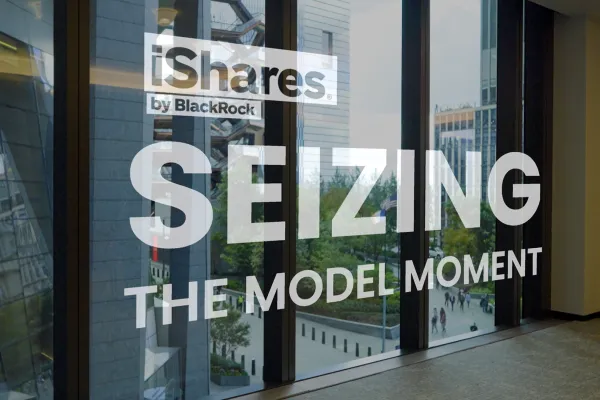In a hotly competitive venture market, space technology and exploration companies are raising record levels of capital.
Manhattan West, an investment management firm for high-net-worth families and individuals, is diving into this theme, investing capital into seed and series A investors Type One Ventures, which is focused on space tech, AI, and robotics, and the Explorer 1 Fund, a “new space economy” focused firm.
“NASA [is] stepping away from development themselves and taking the position of an investor,” said Reginald Tucker, managing director at the firm. This means that the industry will begin to privatize — and bring in increased investment activity.
While players like SpaceX, Virgin Galactic, and Blue Origin dominate the markets, startups are bringing in large investments from venture firms. According to Pitchbook data, these companies raised a record $6.6 billion from venture firms through November 30, 2021.
Space tech has been a growing theme in the public markets, too. In 2021, Cathie Wood’s ARK Invest launched a space-focused ETF, which included companies like Trimble, AeroVironment, and even Amazon.
Manhattan West is betting on increased accessibility and interest in space tourism as a part of its strategy. “As costs have gone down, [and with] increased travel and, literally for the first time, [tourists going] to space, it’s no longer conceptual,” Tucker said.
Of course, not everyone has the kind of Jeff Bezos-level wealth needed for such travel now. But Tucker believes that the ongoing development of technology will help that change. “Because there’s been so much front-end investment, you’re seeing costs come down,” Tucker said. “That’s partially due to the components, spacecraft that can be reused, and advancements in fuel technology.”
The firm is also targeting space manufacturing and observation, which have applications beyond leaving Earth, such as data science and climate change. “These themes are creating a much longer-term opportunity,” Tucker said.
These investments have already started to generate returns for the firm — in an unexpected way. The Russia-Ukraine war has led some nations to build up their defense capabilities, which includes buying space-related assets such as the fuel used for rockets and missiles, which Manhattan West had invested in.
“It's not just more efficient fuel [for] rockets [that] go to space, it’s more efficient fuel [for] rockets and missiles on Earth,” Tucker said. “We hope that they don’t have to be used. Just speaking from an investment standpoint, having a huge industry like defense where, as a customer, they will be increasing their investment and usage, you have this huge utility component from the market, which frankly we didn’t underwrite into the investment thesis.”
As Manhattan West moves forward with its investments in space technology, it plans to focus strongly on niche firms that are early-stage investors. “One of the greatest places that you’re seeing opportunities with good risk/reward profiles is in the early stage,” Tucker said. “The smaller emerging firms with a dedicated focus tend to have the more interesting deal flow and are just more excited and engaged in the space.”






